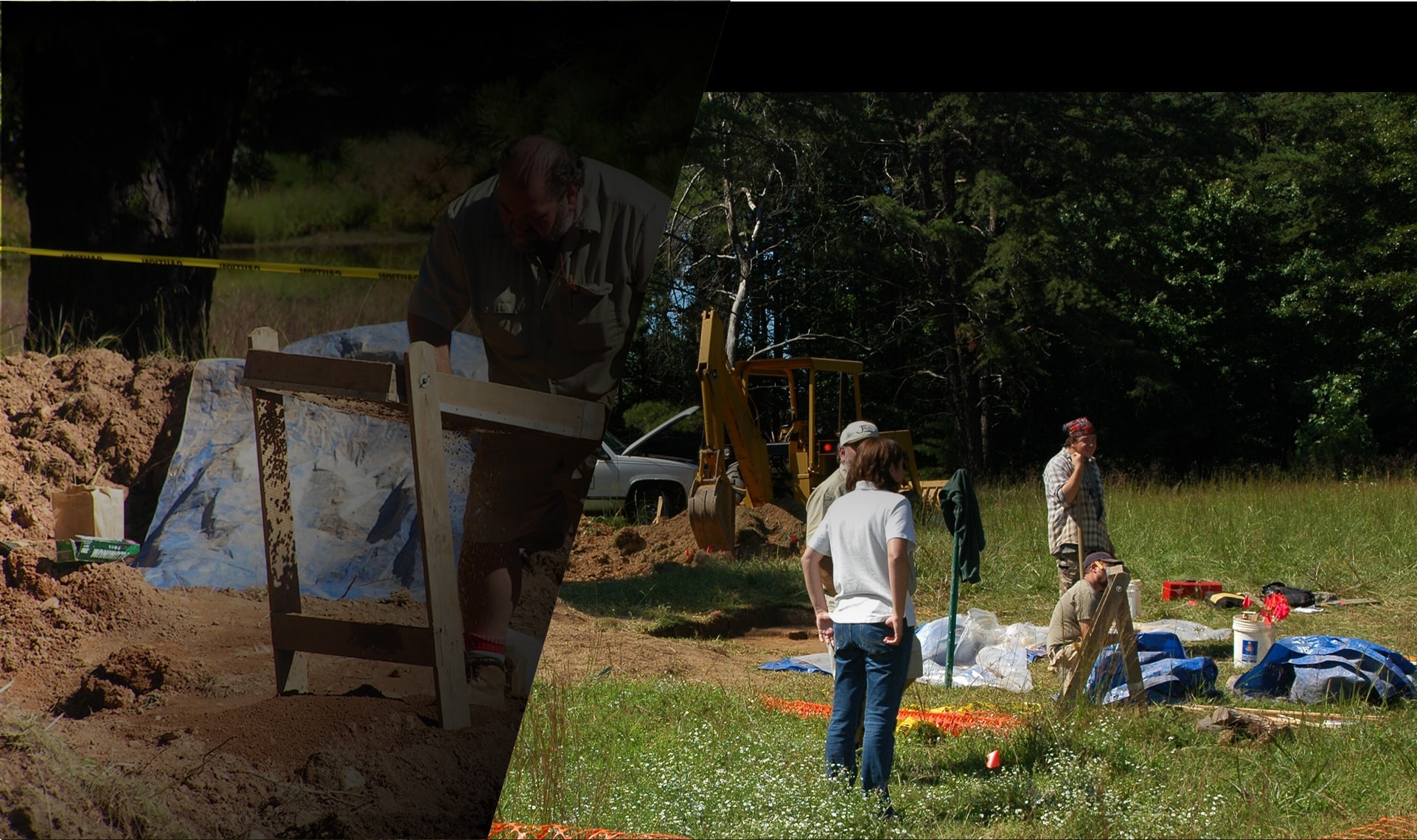4 Essential Questions to Ask Before Hiring an Archaeological Consultant
Body
When a construction project encounters potential archaeological sites, hiring a qualified consultant is crucial. But not all cultural resource firms offer the same range of expertise and capabilities.
Asking the right questions upfront ensures you select an ideal partner for protecting historical assets without causing unnecessary delays or expenses. This guide will explore the most essential queries to help assess competency, experience, services, and approach. So you can confidently proceed in partnering with the best archaeological consultant.
Whether unavoidable last-minute discoveries emerge, or you’re proactively trying to understand potential issues involving mapped antiquities, have these key questions ready for evaluating capable cultural resource consultants.

What experience do you have specifically in my region and with similar project types?
Gauging the amount of firsthand, locally relevant experience a prospective archaeological firm like BlueStone Research has should be question one. While technical knowledge around processes may be sound generically, familiarity with your area’s unique regional challenges, stakeholders, geographies and more makes an enormous difference.
Understanding past performance with comparable sites, survey scales, construction variables etc provides helpful indicators too. Don’t assume all cultural resource consultants bring equivalent familiarity just because licensing and insurance qualifications appear in order. Digging into distinctive competency is vital upfront.

How do you interpret gray areas around site boundaries and significance criteria?
Not every archaeological site encountered presents definitive boundaries or easily meets standard significance benchmarks. Nuanced interpretations of unclear evidence and “edge cases” occurs routinely. Understanding how a firm like BlueStone Research exercises judgment calls around included site limits and arguing for special eligibility considerations provides a helpful perspective on balancing preservation with pragmatism.
Learning how much buffer beyond scientific necessities or leeway in borderline argumentation a consultant historically pursues helps gauge what to expect when cooperating. Their flexibility, integrity and priorities inform your decision.
What are standard turnaround times for report submissions at each phase?
After field work concludes, the clock starts ticking for consultants to compile findings and submit evaluations to key local and state authorities based on phase. These governing agencies like the Virginia Department of Historic Resources in turn, must formally classify sites and either provide impact allowances or requirement modification orders.
Knowing realistic report completion and submission windows from your archaeological firm ensures proper planning, particularly if construction delays grow costly. While expedited assessment options may exist too, understanding standard procedural timeframes is essential.
Do you carry specialist insurance like Pollution Legal Liability policies?
Many construction-adjacent archaeological projects, particularly on commercial sites with legacy activity, risk encountering hazardous substances requiring specialized removal/remediation. Understanding what policies and coverage a consulting firm maintains around these scenarios ensures more severe contamination events won’t halt work or progression waiting for redirects.
Learning if they carry expanded insurance like Pollution Legal Liability or maintain trusted mitigation partnerships informs you of potential delays.
Conclusion
Selecting the right archaeological consultant the first time saves major headaches as any construction project with historical site considerations moves forward. By asking these essential questions of reputable firms like BlueStone Research upfront, you can confidently partner with true professionals dedicated to balance, proportion and your best interests.







Comments